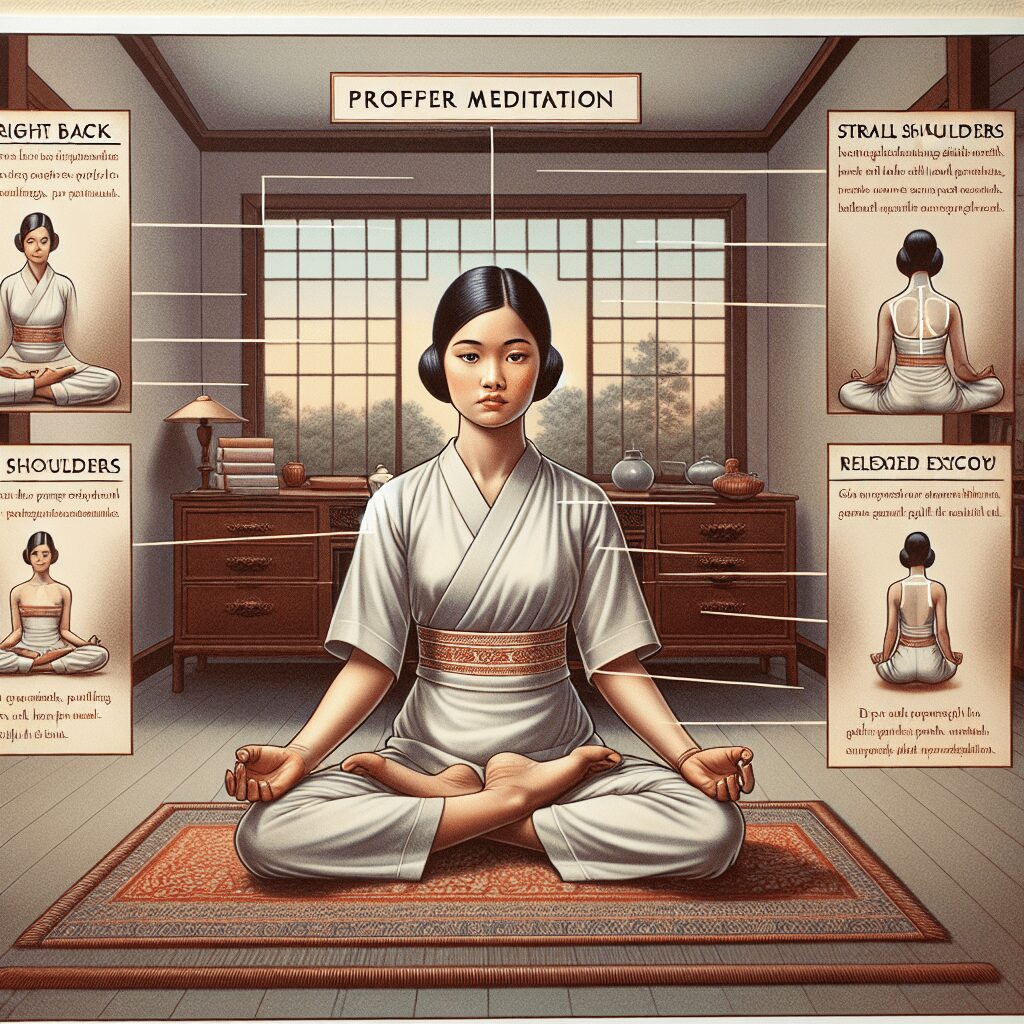
Prioritize your mental well-being daily. Enhance your life by nurturing your mental health with the Smart Meditation app. Break free from stress, alleviate anxiety, and enhance your sleep quality starting today.
How Dose Sleep Reduce Stress?
Unpacking the Magic of Sleep
Ah, sleep – that blissful, rejuvenating balm that seems to reset the mind and body. It’s common knowledge that a good night’s slumber feels like hitting the reset button, but how exactly does it work its magic to reduce stress? Dive in, and let’s unravel the mystery behind the z’s.
The Nighttime Ballet in Your Brain
Imagine your brain as a bustling city. During the day, it’s all go-go-go, but at night, while you’re nestled snug in your bed, a different kind of activity kicks into gear—a cleanup crew of sorts. This isn’t just any tidy-up operation; it’s a complex process involving multiple stages of sleep, each playing a pivotal role in stress reduction.
-
Rapid Eye Movement (REM) Sleep: This stage is like the VIP of stress management. It’s where most dreaming happens, and it plays a crucial role in processing emotions. Studies have shown that REM sleep helps the brain’s amygdala (emotion central) process emotional experiences, which can lead to reduced anxiety and stress.
-
Non-REM Sleep: Don’t let the lack of dreams fool you; this stage is hard at work too. It’s all about restoring the body, strengthening the immune system, and regenerating tissues. It sets the stage for REM sleep where the heavy emotional lifting happens.
But here’s the kicker. Catching Z’s does more than just process and reduce stress; it actively prevents it. Ever noticed how a rough night leads to a short fuse the next day? That’s no coincidence. Lack of sleep elevates cortisol levels (that’s the stress hormone), making you more susceptible to stress. So, when you catch those Z’s, you’re not just recovering from today’s stress; you’re armoring up for tomorrow’s battles.
Tips to Harness the Stress-Busting Power of Sleep
Now that we know the ‘why,’ let’s get into the ‘how.’ How can you maximize sleep’s stress-busting potential? Here’s the rundown:
-
Stick to a Schedule: Our bodies thrive on routine. Hit the hay and wake up at the same times every day. Yes, even on weekends. It helps regulate your body’s clock and can improve the quality of your sleep.
-
Create a Restful Environment: This means cool, dark, and quiet. Consider using room-darkening shades, earplugs, or a white noise machine to block out disruptions. Your bedroom should be a sanctuary for sleep.
-
Power Down: The blue light from screens can mess with your sleep hormones. Try to power down at least an hour before bedtime – no phones, tablets, or late-night TV binges.
-
Mind Your Diet: Avoid heavy or large meals, caffeine, and alcohol before bedtime. They can disrupt sleep or make it less restful.
-
Wind Down: Give yourself time to relax before bed. Read a book, take a warm bath, or practice relaxation exercises. It signals to your body that it’s time to dim the lights on the day.
By making sleep a priority, you’re not just treating yourself to a restful night. You’re equipping your mind and body with the tools to handle stress more effectively. So, here’s to embracing the power of sleep and saying goodbye to tossing and turning over stress. Sweet dreams!





